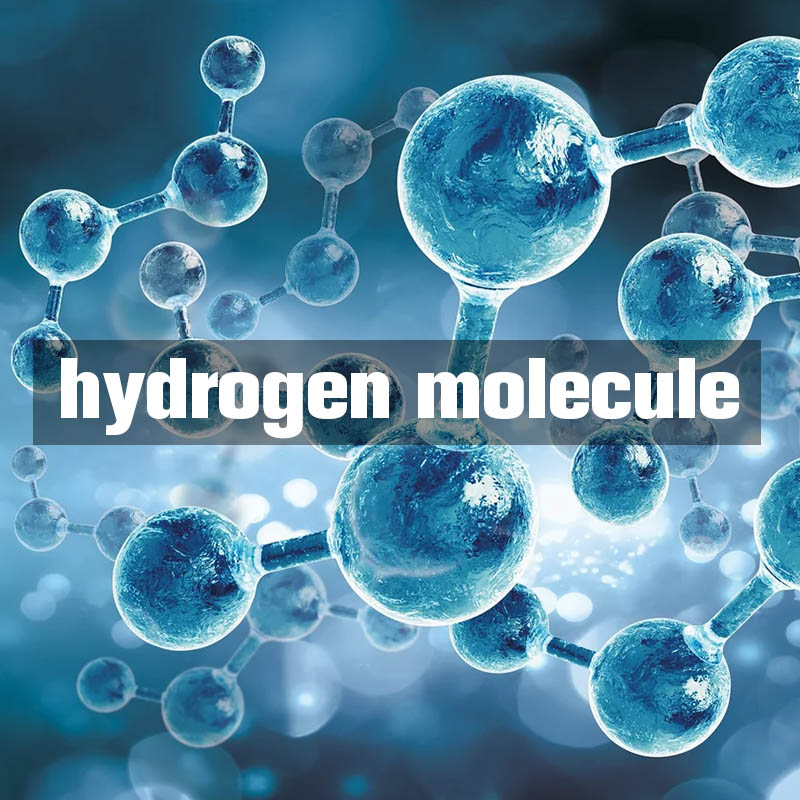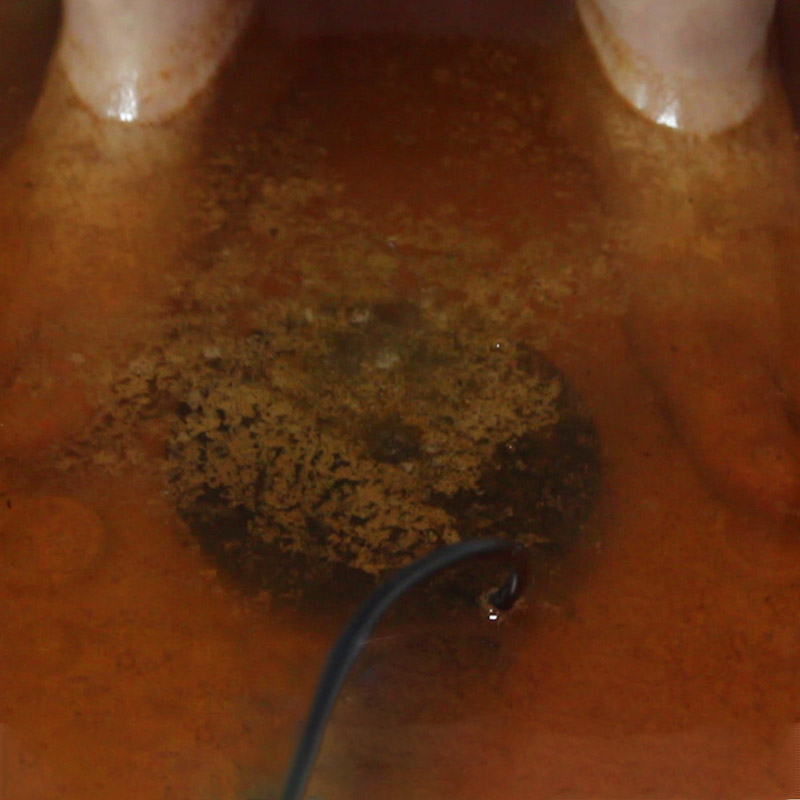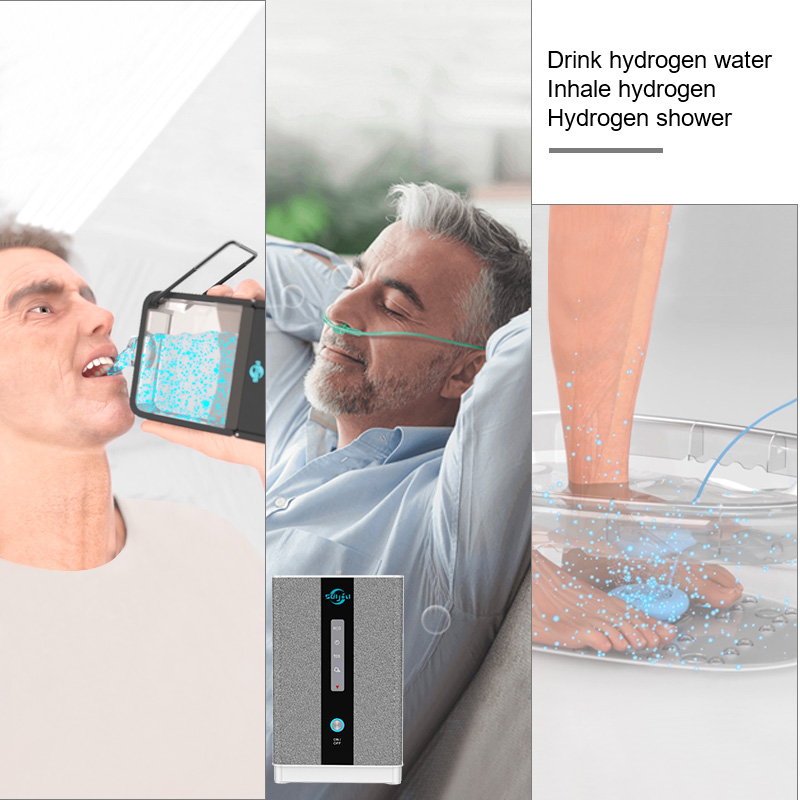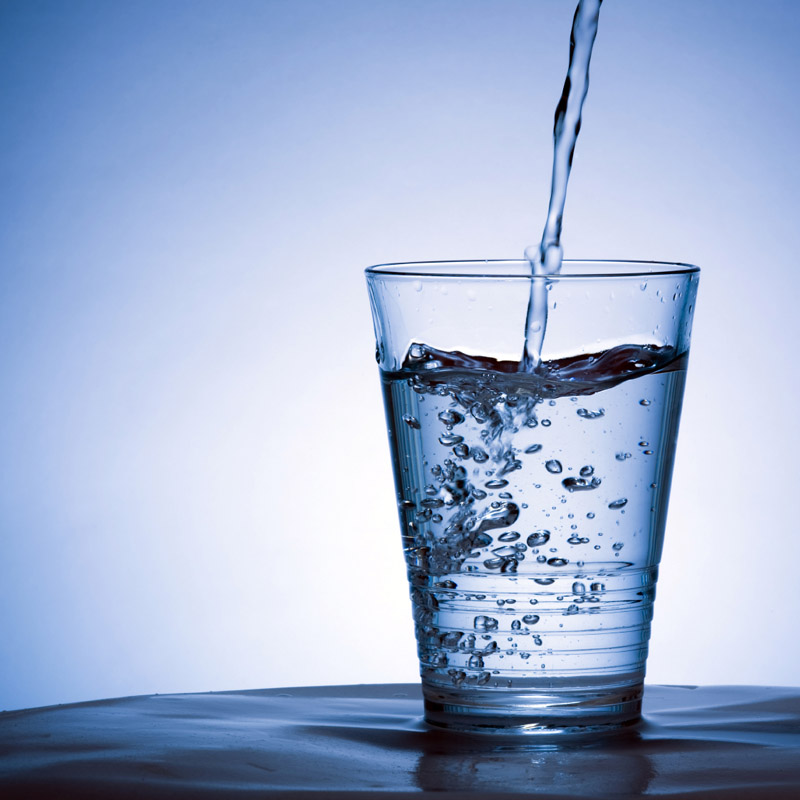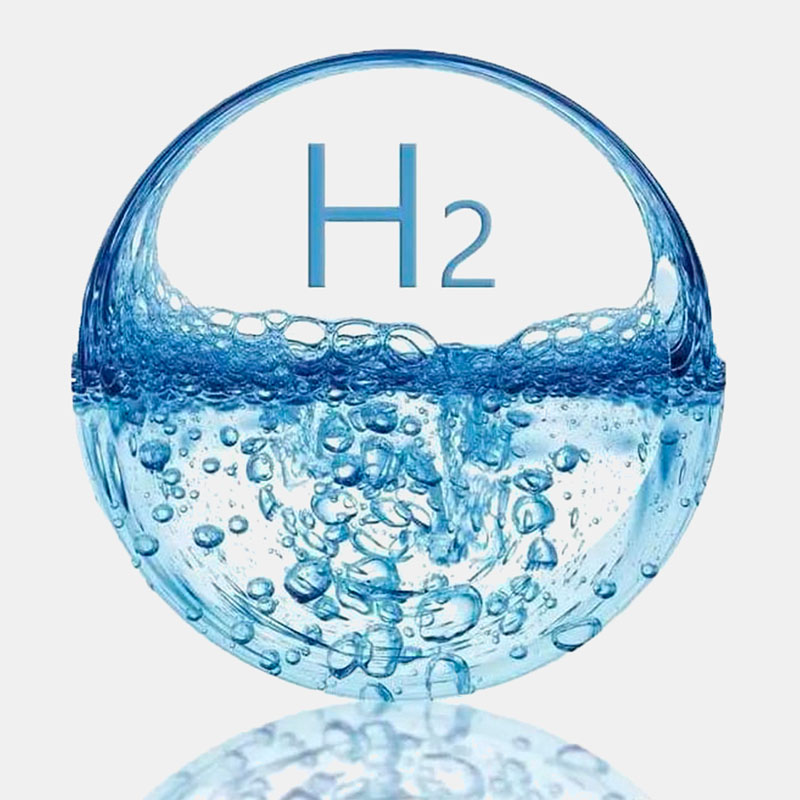2022-06-08
What is a hydrogen-rich water station? How to choose a good hydrogen-rich water station?
Hydrogen is a colorless, odorless, non-toxic, and odorless gas that ranks first on the periodic table. The unique properties of hydrogen determine that hydrogen has many advantages in biology. A more obvious feature is the strong penetration, which can easily enter any part of the cell, such as the nucleus and mitochondria. The main function of hydrogen is: antioxidant. Selectively neutralize hydroxyl radicals, nitrite anions, etc. Hydrogen ions are combined with active oxygen, reduced to water, and excreted from the body. Hydrogen-rich water is a kind of drinking water that uses advanced hydrogen production, hydrogen melting, and hydrogen locking processes to dissolve hydrogen into water, and through its antioxidant-reducing power, remove excess reactive oxygen species (oxygen free radicals) in the body. Then, the hydrogen-rich water station, as the name implies, is the same as the common community drinking water station. By connecting to municipal water, drinking and filtering, and then using hydrogen production technology, hydrogen is mixed into the water, so that users can directly swipe cards, scan codes, etc. Direct drinking water station for water and water intake. So how to choose a good hydrogen-rich water station? Method 1: Filter Mechanism The hydrogen-rich water station adopts several stages of filtration mechanisms, which are related to the degree of water purification. Because the water station uses municipal tap water, PP cotton filter elements (effectively filter out large particles of impurities in the water), RO (high-efficiency sterilization, filter In addition to bacteria, germs, heavy metals and organic compounds in water It can effectively remove impurities such as residual chlorine, organic matter and heavy metals, filter harmful substances, and fully protect the water quality. Method 2: Wading Materials We all know that many wading pipes are made of plastic and other materials, and they are used for too long, which is particularly easy to breed bacteria, especially drinking water. The 304 stainless steel pipe is used as a wading part. It is a healthy material that can be implanted into the human body. The water immersion test shows that all indicators meet the national drinking water standards. The inner wall of the stainless steel tube is smooth, and there is no dirt and bacterial contamination after long-term use. Don't worry about the impact of water quality, it can eliminate the secondary pollution of water. Method 3: About the hydrogen production system The hydrogen production system is divided into four parts: hydrogen production, hydrogen dissolution, hydrogen mixing, and hydrogen locking. Four major hydrogen production systems can ensure the hydrogen-rich concentration of water. Next, let's talk about the first part of the Xiatian Xitaiyuan hydrogen-rich water station: rapid hydrogen production, using SPE electrolysis water technology to quickly produce hydrogen, with high hydrogen purity; the second and third part...
View More
